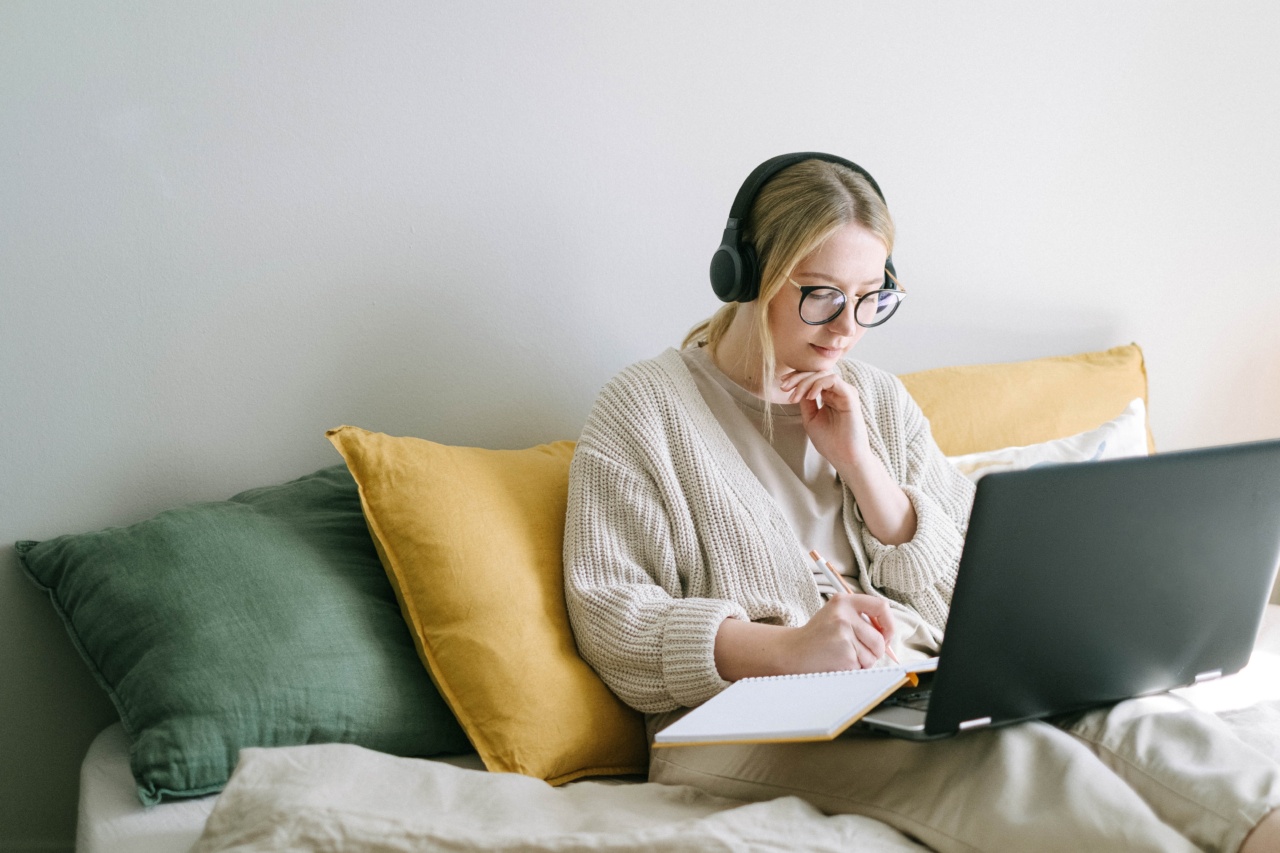When we think of weight loss, we often think of diet and exercise. While these are certainly important factors, we often overlook the role that stress and relaxation play in our weight loss journey.
Stress can lead to binge eating, hormonal imbalances, and an overall slower metabolism. Learning relaxation techniques can not only help us manage stress but also lead to greater weight loss success.
1. Meditation
Meditation is a powerful practice that can help reduce stress, anxiety, and depression. It can also lead to greater awareness of our bodies and help us make healthier decisions. Start by sitting in a quiet and comfortable space with your eyes closed.
Focus on your breath and let your thoughts come and go without judgement. Gradually increase the time you spend meditating each day, starting with just a few minutes and working your way up to 20-30 minutes.
2. Yoga
Yoga has been shown to not only reduce stress but also improve overall health and well-being. It can also lead to weight loss by increasing muscle mass and improving flexibility.
Look for classes or videos specifically designed for weight loss, such as power yoga or vinyasa flow. Don’t be discouraged if you’re a beginner – there are plenty of modifications you can make to accommodate your level of fitness.
3. Deep breathing
Deep breathing is a simple and effective relaxation technique that can be done anywhere, anytime. Sit or lie down in a comfortable position and inhale deeply through your nose, filling your lungs with air.
Hold for a few seconds and then exhale slowly through your mouth. Repeat for several minutes, focusing on the sensation of the breath in your body.
4. Progressive muscle relaxation
Progressive muscle relaxation involves tensing and then releasing different muscle groups in the body. Start by tensing a muscle group, such as your arms, legs, or shoulders, for a few seconds and then releasing it.
As you relax each muscle group, focus on the feeling of release and relaxation in your body. This technique can help reduce muscle tension and overall stress.
5. Guided imagery
Guided imagery involves imagining yourself in a peaceful and relaxing environment, such as a beach or forest. Close your eyes and visualize yourself in this environment, using all your senses to create a vivid image in your mind.
Stay in this visualization for several minutes, focusing on the feelings of calm and relaxation in your body.
6. Tai chi
Tai chi is a form of martial arts that involves slow, fluid movements and deep breathing. It has been shown to reduce stress, improve balance and flexibility, and lead to greater overall health.
Look for classes or videos specifically designed for beginners.
7. Massage
Massage is a relaxing and therapeutic technique that can help reduce muscle tension and overall stress. Look for a licensed massage therapist who specializes in techniques such as Swedish or deep tissue massage.
Don’t be afraid to ask questions or voice any concerns you may have before or during the massage.
8. Acupuncture
Acupuncture involves the insertion of thin needles into specific points on the body. It has been shown to reduce stress and anxiety, improve sleep, and lead to greater overall health and well-being.
Look for a licensed acupuncturist who specializes in stress reduction and weight loss.
9. Aromatherapy
Aromatherapy involves the use of essential oils, such as lavender or peppermint, to promote relaxation and reduce stress. Diffuse essential oils in your home or office, or add a few drops to a bath or massage oil.
Be sure to read the labels carefully and avoid any essential oils that may irritate your skin.
10. Creative activities
Creative activities such as painting, drawing, or writing can also be a powerful form of relaxation. They allow us to express our emotions and connect with our inner selves, leading to greater overall well-being.



























